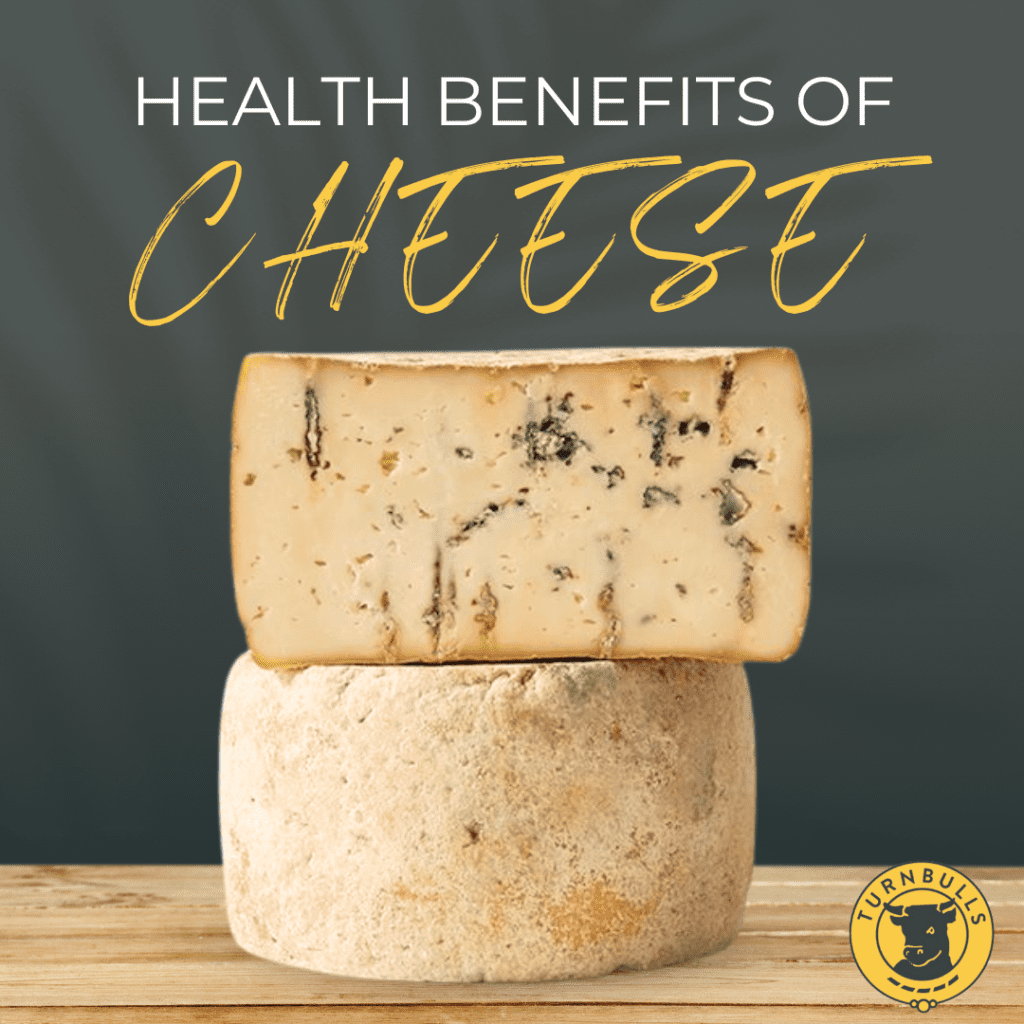Recent scientific studies invite us to reconsider the role of cheese in our diet. Traditionally viewed as a guilty pleasure due to its association with saturated fats, cheese is now emerging from the shadows with a surprising number of health benefits. Far from being a dietary villain, cheese appears to be a versatile ally in promoting well-being.
In this blog, we will explore some of the compelling research that unveils the health benefits of cheese consumption, ranging from its potential to reduce the risk of heart disease and diabetes to its impact on longevity and muscle mass.
1. Empowering Muscles & Enhancing Stability
In a 2014 study published in Clinical Interventions in Aging, adults over 60 experienced enhanced muscle mass and improved balance after consuming almost a cup of ricotta cheese daily for 12 weeks. Researchers attributed these benefits to milk proteins, specifically casein and whey, suggesting that cheese could play a role in promoting physical strength and stability.
2. Guardian Against Diabetes
According to findings in the American Journal of Clinical Nutrition, studies suggest that consuming about 50 grams of cheese per day may reduce the risk of developing type 2 diabetes by 8%. The studies also indicated that the shorter-chain saturated fats in cheese were associated with a lower risk of diabetes. Calcium, renowned for boosting insulin secretion and reducing resistance, may contribute to fending off diabetes, while whey proteins could also enhance insulin sensitivity. These attributes make cheese a noteworthy ally.
3. Cholesterol Harmony & Cardiovascular Well-being
Contrary to common belief, a daily cheese snack might contribute to improved cholesterol levels. A 2015 analysis in Nutrition Reviews, comparing randomized controlled trials, revealed that individuals with a diet including cheese ended their trials with lower total and LDL cholesterol compared to those consuming butter. The higher content of calcium in cheese may play a role in transporting fat through the gut, preventing absorption, and leading to favorable cholesterol outcomes. The presence of Vitamin K2 is also suggested to be beneficial in having heart-healthy effects.
4. Heart Disease Defiance
Challenging the traditional view that associates cheese with heart disease, recent research has indicated potential protective effects. A 2016 report, analyzing 31 studies, found that daily consumption of about 57 grams of cheese was linked to an 18% lower risk of heart disease. The authors of the study, published in the British Journal of Nutrition, attribute these benefits to minerals like calcium, potassium, magnesium, and vitamins like riboflavin and B12. Even a modest daily intake of 14 grams of cheese was associated with a 13% lower stroke risk.
5. Longevity Elixir
A 2016 study in the European Journal of Clinical Nutrition followed 960 French men for almost 15 years, examining the relationship between their diets and life expectancy. Surprisingly, the study found that consuming around 57 grams of cheese daily was associated with a 38% lower likelihood of death during the study period. Researchers speculate that calcium’s blood pressure-lowering effects and its ability to curb fat absorption in the gut may play a role in promoting longevity. We know it might sound audacious to say that eating cheese can help one dodge death, but research definitely supports this notion!
6. Bones Fortified for the Long Haul
Cheese’s reputation for bone strength comes from the undeniable fact that is is rich is calcium. It is also rich in vitamins, such as vitamins A, D, K and even zinc, which all additionally contribute to bone health. Another great advantage in fortifying bones but is also a contributing factor in lowered risk of osteoporosis as we age.
As we journey though these scientific insights, we become aware that is is reshaping our perspective on cheese, revealing its potential health benefits. Cheese proves to be more than a simple delectable indulgence — it stands as a versatile and nutritious addition to a well-balanced diet. As we navigate this newfound understanding, it becomes clear that the role of cheese extends beyond its flavorful allure to encompass a narrative of nutritional richness and well-rounded health.



